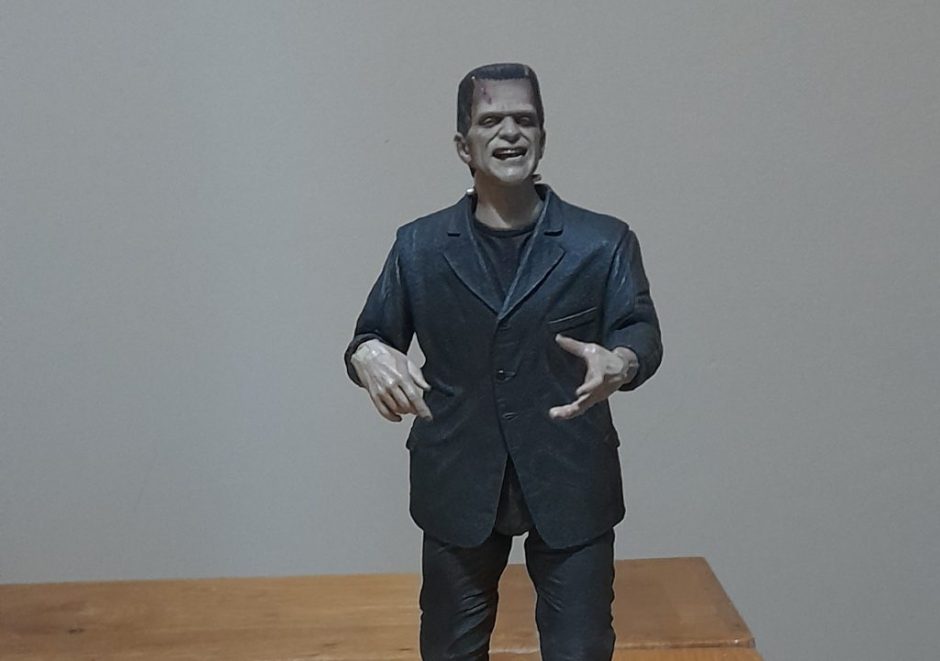Assessing learning and exchanging feedback
Promoting metacognition using feedback
Introduction
Metacognition is the skill of thinking about thinking (Mortimore,2008). Being more aware of how you think is a skill that aids critical thinking and problem solving, crucial for academia and real-life work situations. Metacognition enables knowledge of one’s own thought processes, which interact with internal and external forces such as motivation or type of instruction and 3 self-assessment skills: planning, monitoring and evaluation. (Medina et al,2017)
Evaluation
Developing proficiency in these skills takes time and relies on the application of cognitive processes that neurodiverse students reportedly struggle with. Self-directed learning or self-regulated learning is a goal when teaching students to become independent learners. However neurodiverse students who have slow processing speeds, weak working memory, poor concentration and who lack confidence when communicating their ideas and evidence in a written format may need more instruction to really think about how they learn best and how best to apply this knowledge so they feel more in control of their own learning. (Mortimore,2008)
Moving forward
I encourage students to always ask for and reflect on feedback. Some find this exercise more useful than others. Often if they get a lower grade than they expected they do not even want to read it.
I plan to use feedback in a more structured or directed way to encourage students to use it to help to develop metacognition? The more students are encouraged to critically think about what the feedback is telling them about their planning and execution of the task the better they will become at monitoring their process and evaluating if they have understood and hit the brief.
There are tried and tested study skills for planning. We all produce better work when we have time to plan or more importantly know how to plan. Directing students to consider how they planned the work and breaking down each stage helps students to reflect on how better planning of time and research can help to achieve a better outcome. Outcomes can include an Essay, reflective piece, portfolio, ‘making’.
Directing the student to evaluate whether they clearly understood what they needed or wanted to do to realize the outcome will help them to develop their critical thinking skills. Were they surprised by the feedback? Directing them through the comments and asking them to monitor whether they agree. Students who critically reflect on their own work can more easily judge whether the feedback reflects the work they had done or not done because of bad planning, or if it may be a communication issue and the marker needs to be better educated in how a neurodiverse brain thinks, which is never wrong, just different. The marker may have missed the point articulated by their neurodiverse brain and it is a communication issue.
References
Medina, S, Castleberry, A. N. Persky, A. M. (2017) Review: Strategies for Improving Learner Metacognition in Health Professional Education. Available at: https://pubmed.ncbi.nlm.nih. (Accessed 20 February 2015)
Mortimore, T. (2008) Dyslexia and Learning Style: A Practioner’s Handbook 2nd edn. West Sussex: Wiley & sons.
